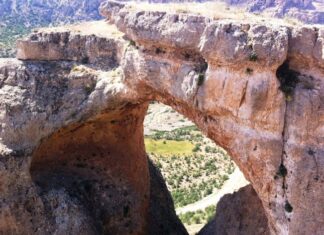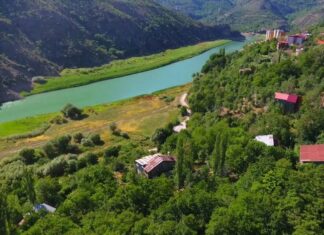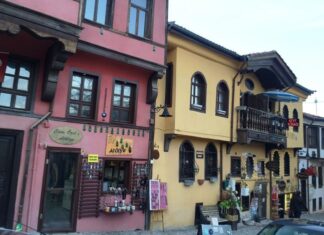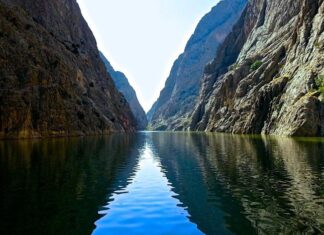Greek Stories and Lack of Careful Inquiry
The Greeks often tell many stories without carefully examining whether they are true. One such story concerns Hercules and his supposed visit to Egypt....
Searching for the Truth About Hercules
In order to gain the best and most reliable information about Hercules, a journey was made to the city of Tyre in Phoenicia. This...
Two Different Figures Named Hercules
According to the account given by the Egyptians, the Hercules they worship is one of their ancient gods and belongs to the group known...
Early Trade and Industry in Bulgaria
Railroads and Urban Specialization
The first railroad in Bulgaria was built in the second half of the 19th century, connecting Russe on the Danube with...
Bulgarias Economy under Turkish Rule
Agrarian Economy and Land Systems
During the five centuries of Turkish rule in Bulgaria (1396–1878), the country maintained a mostly agrarian economy. Farming was the...
Exploitation and the Big Leap Forward
In the late 1950s, the Bulgarian people faced increasing exploitation under the Communist regime. In October 1958, the Bulgarian Communist Party, acting under clear...
Jesus’ Message to the Ephesians: Hating Evil Practices
In Revelation 2:6, Jesus says something a bit strange: "But you have this in your favor: You hate the practices of the Nicolaitans, which...
The Loss of First Love in Church History
When we look at the letter to the Ephesians from the perspective of church history, we see that the loss of first love became...
The Tree of Life Symbol of Jesus
The tree of life was first mentioned in the Garden of Eden. Adam and Eve were allowed to eat from it, but after they...














